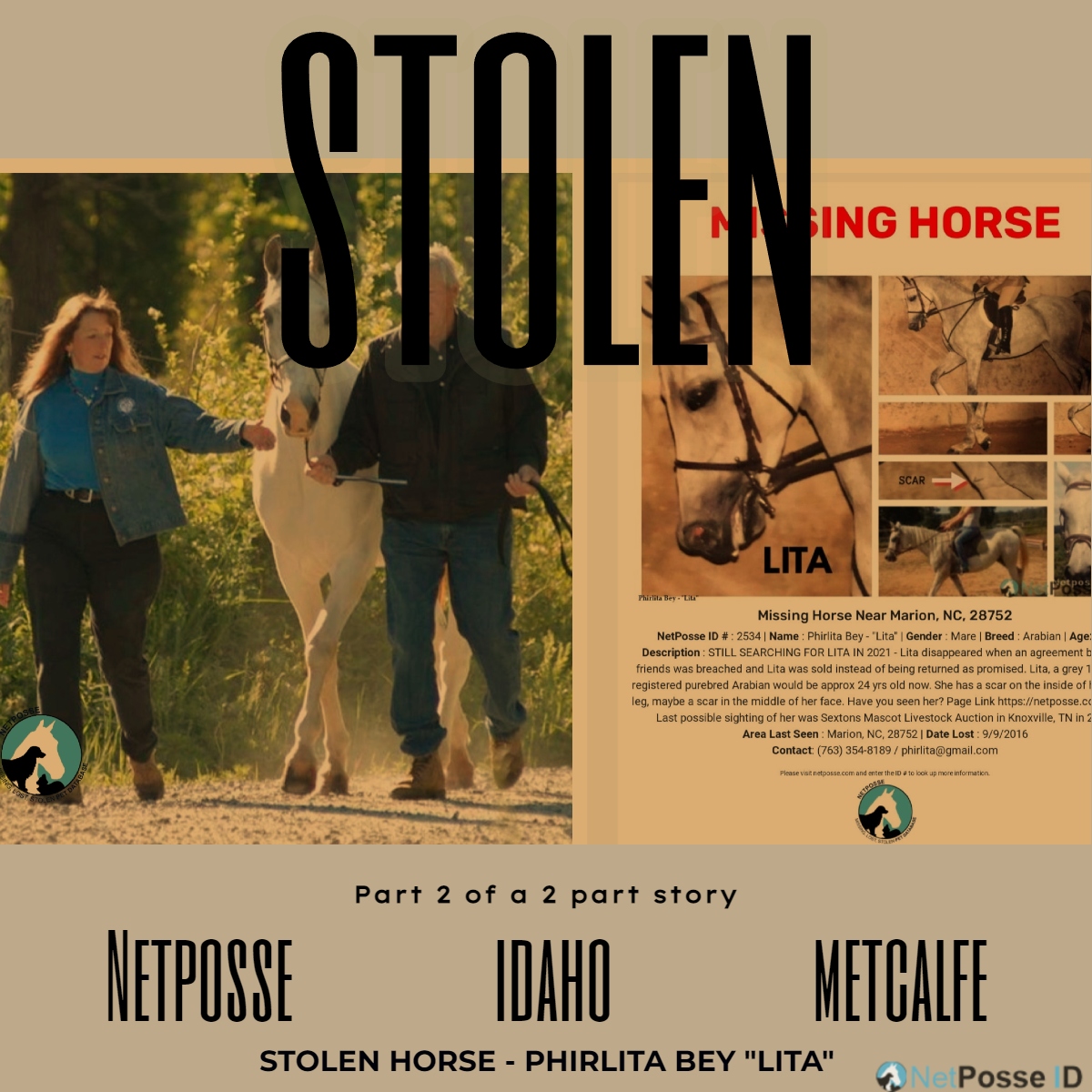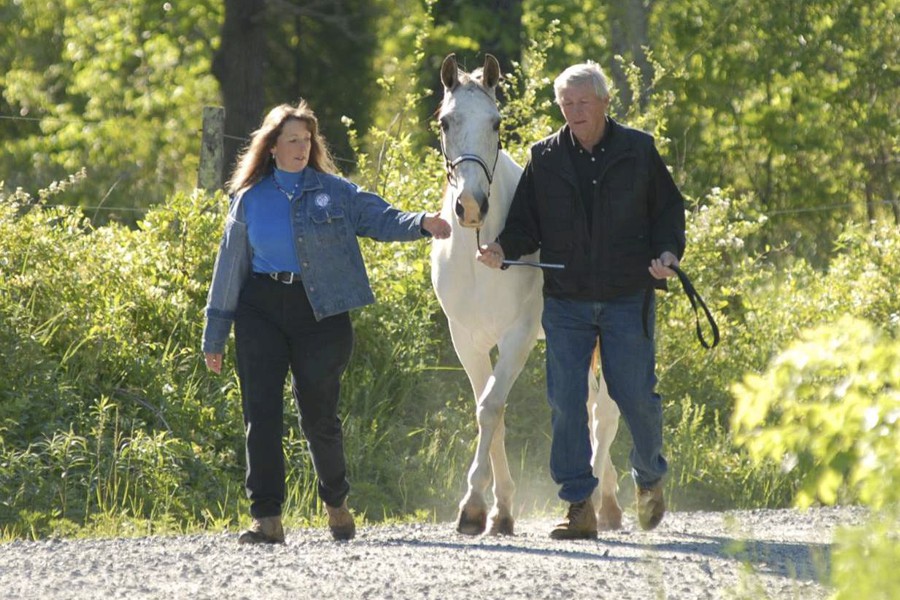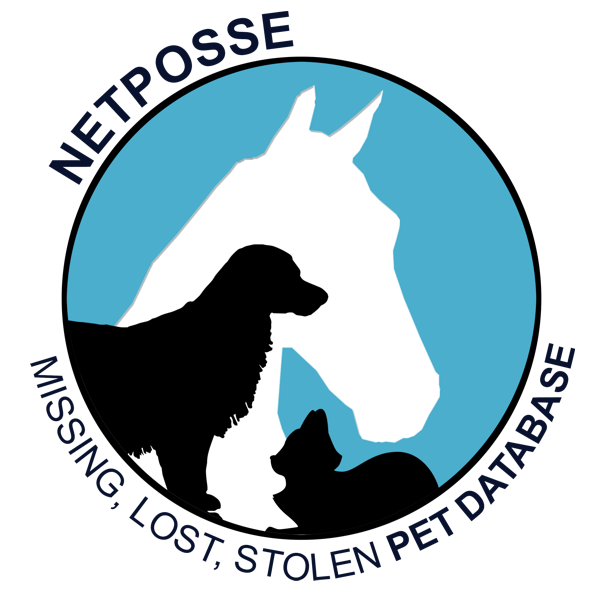In writing this article, despite everything I had experienced and knew about an industry that discourages attachment but encourages overuse of these beautiful, gentle animals -where horses are considered commodities and most people pass them on any way they can, I wasn't prepared for how vile some people are, the majority being women.
It led me to wonder if there are simply two types of people: good v. bad, selfish v. thoughtful, kind v. cruel, and how these categories extended further into a person's character, how they live and view life. But it's not that simple because when it comes to horses, a third category exists to include those ignorant, lacking knowledge, naive expecting honesty and the misguided, using faulty judgment.
How a person treats a defenseless animal speaks volumes about who they are. When someone boasts about being a 'trainer' once owning 15 horses, using them in rodeos that kill buyers frequent, but can't account for their whereabouts because when they were no longer useful, he got rid of them, speaks of that person's lack of integrity.
When a person boasts of this, it is telling of their character - that they don't care or have no sense of right & wrong - a dangerous, selfish individual. What's more concerning is that people like this can be in positions of power like law enforcement. They are applauded by those who support their actions, not recognizing that outside those circles, it is nothing to be proud of.
It is discouraging to see children taught that horses are here to serve and are otherwise worthless by adults, including parents, camp counselors, barn managers, trainers and those in the industry making money on the horses. Even adults can be misled. The only hope is that kindness will win out in decisions made, knowing many will continue the cycle of hurting horses, supporting the industry.
Horses can't be helped unless they are near death. Even then they die in misery because they are considered property. Unlike dogs, however, horses and other equines including mules & donkeys live much longer. A classification as 'agricultural' permits them to be viewed by a segment of the population as worthless if not used, acceptable to kill inhumanely to benefit monetarily from their death. Despite Maine's #1 ranking of having the best animal welfare laws by the Legal Defense Fund, they continue to suffer. Domestic horses are especially at risk because they are prey with an instinct to run from a threat rather than attack. Stoicism makes them easy targets of abuse by industry users.
The February 'Village' Magazine featured PhirlitaBey (Lita), an Arabian mare stolen through deception in North Carolina. The 'friend' promised to return her and instead used, then 'flipped' her for monetary gain. His deception continued for years. Last spotted at a Knoxville auction, a region where the breed is disliked, hope diminishes. FMI Lita's story & details: https://netposse.com/tag.asp?id=2534
The threat to domestic horses everywhere of entering the stolen horse market is real and chances of recovery, reliant on owner diligence and immediate action. In addition to local law enforcement, owners should contact NetPosseID, also known as International Horse Recovery, a 501(c)(3) IRS registered Non-Profit established in 2003. Registering on the website https://netposse.com/ is required to proceed. If a horse is missing, the nest step involves filing a report. The organization with a national registry was the first to ID horses by microchip. As part of prevention the company offers microchip packages and now offers assistance in recovering other animals, including dogs.
Founder Debi Metcalfe had inspiration for the work she continues today. In 1997 her family horse Idaho was stolen from her 50-acre property in daylight. Thieves had been scouting it for months, watching their target. It was due to Debi's perseverance, support from her family and love for her horse that Idaho was recovered at a show facility 51 weeks later after being sold six times. The enormous stress the horse endured was evident and recovery long. Not all horses are saved.
Why horses are stolen: Monetary value. Horses are inhumanely slaughtered for meat contaminated with chemicals to be sold abroad. Though slaughter is no longer done in the U.S., horses endure the horrible journey to Canada and Mexico to be killed. Though aware of the brutality, both state and federal legislators have failed to ban a practice where so many people in the industry profit, benefiting the economy. Horses are also stolen for potential resale value to unsuspecting buyers. All too often buyers know and continue to flip the horse.
In the slaughter market horses are sold directly to kill buyers, horse traders or sent to auctions by owners where kill buyers often out bid those who try to rescue. Those who see slaughter as a way to get rid of their horses when they are no longer useful or simply don't want them would rather squeeze those last extra dollars out of the horse, then pay the vet to end their lives peacefully through sedation and humane euthanasia. Vets have a role in this too. While many don't have a problem in encouraging and supporting breeding, they discourage owners from euthanizing knowing how dangerous it is to pass them on.
For the resale market, horses are stolen from private properties and boarding facilities. Unfortunately, because there is little interest to stop this practice there is also little data. Some figures show approximately 45,000 horses stolen annually. It happens to all breeds and ages, with and without registration papers, which can be easily falsified or 'lost'. Facilities are good targets because most have no security making it simple to grab a rope and walk out with a horse or walk into a tack room and leave with a saddle. Dogs are not enough and could be hurt in the process.
Who steals the horses: The Pipeline of theft includes industry players from kill buyers, auctioneers and horse flippers, veterinarians who took an oath to protect the horse, state officials and law enforcement. But there is also a chain of people who allow the practice to occur or actively participate. These include barn managers & stable owners, trainers, show officials & stewards to the horse owners who support the cycle.
In the horse industry you'll find that everyone involved in using the horse for personal gain support each other. They're all culpable and responsible for their part in the transactions they made that put a horse in jeopardy. Quid pro quo. - making deals, offering favors, allowing their property to be used for events, loaning equipment, looking away, blaming others and getting kickbacks are a way of life. There are many dirty hands in the business all making excuses for what they do.
Where, when & how are horses stolen? Horses can be stolen anywhere, any time of day. There no 'safe' place but an investment of time and deterrents discourages thieves. Since part of a horse's training includes handling by strangers, particularly in boarding facilities, horses often walk away willingly.
Civil v. Criminal: The horse industry makes the process easier because treating a horse as if it was a car is commonplace. Horses are leased, loaned, sent to trainers to be 'fixed' and bought and sold regularly in a 20–30-year lifespan, even advertised in publications like Craig's list. Some people want to make as much on the sale as possible while others are willing to give them away to be free of the responsibility.
When horses are placed in someone else's hands including trainers and theft occurs, it is a civil not criminal offense severely limiting owner's rights. Not surprisingly 90% of offenders in civil cases are women. Beware who you trust. If they disappear, there is little that can be done as the owner gave permission. To be prosecuted as a criminal offense, a thief must enter a property and remove 'goods' which horses are considered to be.
Prevention: Be careful who you support and trust. Be aware of what circles those people participate. If they actively deal with traders and unsavory people see that as a red flag. Don't leave your horse or trailer unattended at any public event, ever. Don't rely on vets for documentation - do it yourself. Photos in/out of tack in a summer and winter coat should include head & body shots from different angles, standing and in gaits, along with detailed information regarding tattoos, scars and anything that is unique to the horse. Foot and dental records also help. While this sounds simple it's interesting how many horse owners don't have current photos of their horse, while others have nothing but show photos which provide limited information.
Protect your property with signage indicating horses and equipment have identification and documentation. Cameras installed in different areas as well as ring doorbells, are also helpful. Boarding facilities are responsible for your horses safety no matter how costly the facility. Question the owners regarding security.
Social media which has made it easier for bad people to do bad things and profit. This includes Facebook. People hack, clone pages and have fake accounts which they regularly close then open in a different name. You often don't know who you are dealing with. Scrutinize rescues or any organization that claims to help horses. You may be supporting a kill buyer. It's easy to place an ad, which happens so frequently of a mare and foal going to slaughter if you don't help now by donating funds.
Chances are, according to Debi Metcalfe, those horses have already been shipped, or the photos are used to lure people into giving. Do the research. Rescues should be registered and have good standing with the IRS. One way thieves profit is by not claiming income. The horse industry is known for fraud on many levels. If you suspect someone is collecting donations fraudulently, contact the IRS anonymously.
Anyone with any experience in the equine industry knows the reality of the high number of disreputable, dishonorable, deceitful people who will do anything to a horse for monetary gain. There are good, honest people but they are overshadowed by bad. If you care for your horse and value them, be their best advocate. Keep them out of harms way. It's worth taking action than having to live with images of your horse being abused or going to slaughter.
Bill of sale /free horse - published Brays
Sources:
The Horse
Vets for Equine Welfare
Animal Welfare Institute
'Stolen Horse'- HI/ Net Posse


